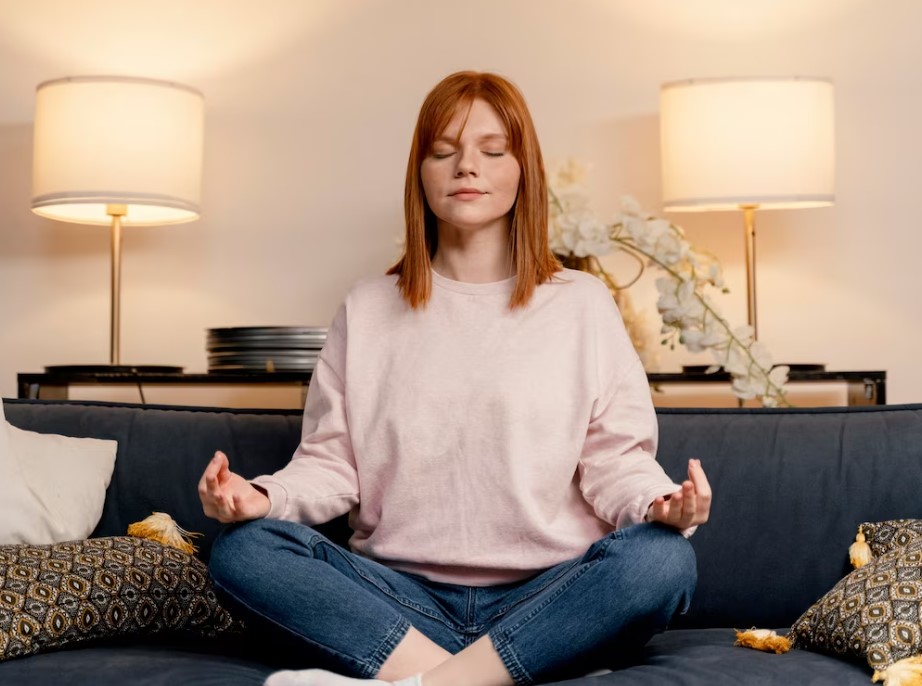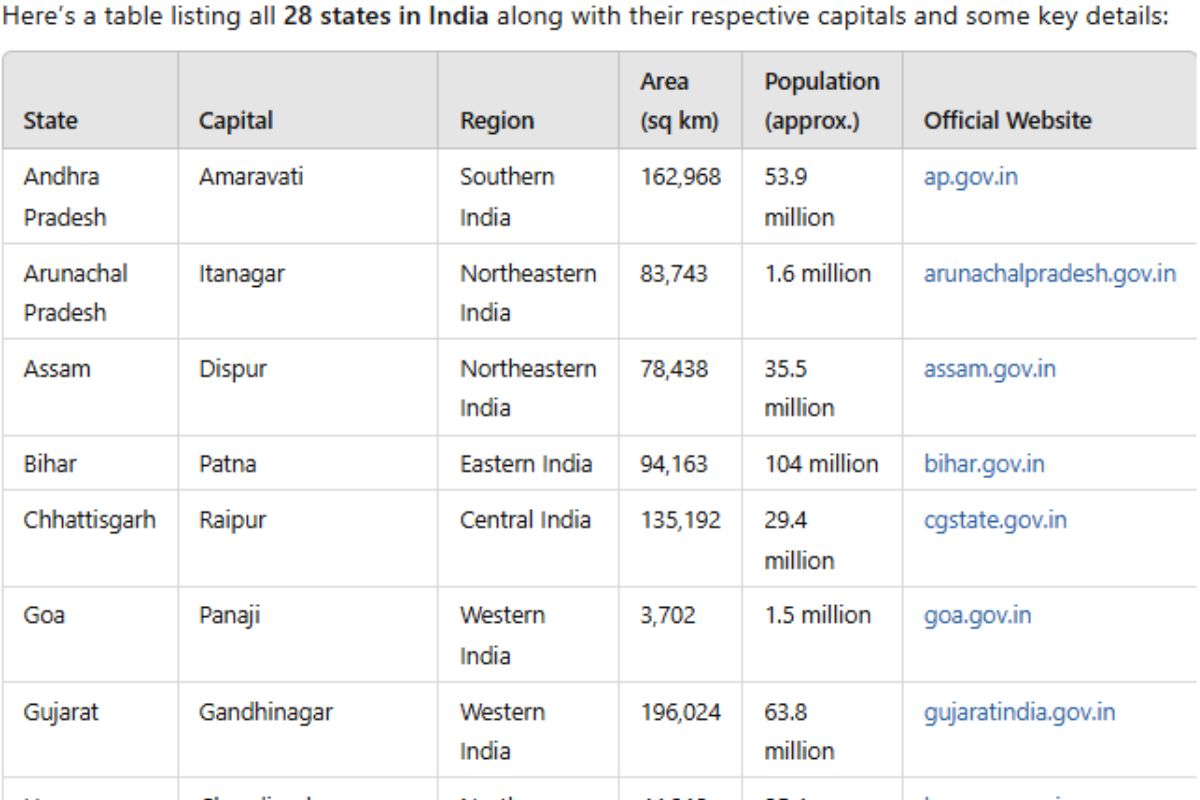Meditation is an ancient practice that helps reduce stress, enhance focus, and promote inner peace. As more people search for ways to improve mental well-being in 2024, meditation remains one of the most accessible and effective techniques. If you’re new to meditation, this guide will take you through the essentials.
Benefits of Meditation for Beginners
Reduces Stress and Anxiety
- Meditation helps slow down the mind, allowing you to relax.
- Regular practice lowers cortisol levels, the hormone responsible for stress.
Improves Concentration and Focus
- Enhances attention span by training your mind to stay present.
- Boosts productivity by preventing distractions.
Promotes Emotional Health
- Increases feelings of well-being and positivity.
- Helps manage negative emotions like anger or frustration.
Enhances Self-Awareness
- Encourages mindfulness and self-reflection.
- Allows you to better understand your thoughts and feelings.
Different Types of Meditation Techniques
Mindfulness Meditation
- Focuses on staying present in the moment.
- Involves paying attention to your breath or body sensations.
Guided Meditation
- A teacher or app leads you through a session.
- Ideal for beginners who need structure and guidance.
Loving-Kindness Meditation
- Involves sending love and goodwill to yourself and others.
- Aids in fostering compassion and empathy.
Transcendental Meditation
- Involves silently repeating a mantra.
- Helps transcend thought and reach deep relaxation.
How to Prepare for Meditation
Create a Comfortable Space
- Choose a quiet place where you won’t be disturbed.
- Use cushions or mats to sit comfortably.
Set a Timer
- For beginners, start with 5–10 minutes and gradually increase the time.
- Use a gentle alarm to end the session without jarring your focus.
Wear Comfortable Clothing
- Avoid restrictive clothing that may cause discomfort during your session.
- Loose-fitting clothes allow for better relaxation.
Eliminate Distractions
- Turn off your phone or place it on silent mode.
- Let family members or roommates know that you need some quiet time.
Step-by-Step Meditation for Beginners
1. Find a Comfortable Position
- Sit upright with your back straight, either on a chair or cushion.
- Ensure that your hands rest naturally on your knees or lap.
2. Focus on Your Breath
- Close your eyes and take slow, deep breaths.
- Inhale through your nose and exhale through your mouth.
3. Acknowledge Your Thoughts
- Your mind may wander, and that’s okay.
- Acknowledge the thought and gently bring your attention back to your breath.
4. Be Present
- Focus on how your body feels, the rise and fall of your chest, and your breathing pattern.
- If your mind drifts, don’t worry. Just guide it back to your breathing.
5. End the Session Slowly
- Gently bring awareness back to your surroundings.
- Take a few deep breaths before opening your eyes and standing up.
Common Challenges for Newbies and How to Overcome Them
Difficulty Staying Focused
- Solution: Start with short sessions, then gradually increase the duration.
Restlessness
- Solution: Practice mindful walking before sitting down for meditation.
Falling Asleep
- Solution: Sit upright with proper posture to avoid drowsiness.
Expecting Immediate Results
- Solution: Be patient and trust the process. Meditation takes time to show noticeable benefits.
Tools and Apps to Help Newbies Meditate in 2024
Popular Meditation Apps
- Headspace: Great for beginners with guided meditations.
- Calm: Offers meditations for sleep, focus, and stress relief.
- Insight Timer: Has a large library of free meditations from different teachers.
Meditation Tools
- Meditation Cushions: Support better posture and comfort.
- Singing Bowls: Help create a calming atmosphere.
- Incense or Essential Oils: Enhance relaxation with soothing scents like lavender or sandalwood.
How to Make Meditation a Daily Habit
Set a Routine
- Pick a consistent time each day, such as early morning or before bed.
Start Small and Build Consistency
- Begin with 5–10 minutes daily and gradually extend the duration as you get comfortable.
Track Your Progress
- Use meditation apps to track how often you meditate and how it makes you feel.
Be Kind to Yourself
- If you miss a day, don’t feel guilty. Simply start again the next day.
Conclusion
Meditation is a valuable practice for anyone looking to improve their mental well-being. By following this guide, beginners can ease into the process and start reaping the benefits in 2024. Remember, meditation is not about perfection but about persistence. Keep practicing, and the rewards will unfold naturally.
Also Read :- what is the law of attraction
Conclusion
Meditation is a powerful practice that can lead you on a transformative journey of self-discovery and inner harmony. By following this step-by-step guide and embracing the benefits of meditation, you can experience a deeper connection with yourself and the world around you. Remember that meditation is a personal journey, and there is no right or wrong way to meditate. Find what works best for you, be patient with the process, and let meditation become a sanctuary of peace and mindfulness in your life.
Frequently Asked Questions (FAQ) about Meditation
What are the benefits of meditation?
Meditation offers numerous benefits, including stress reduction, improved concentration, emotional well-being, better sleep, increased self-awareness, and enhanced relationships. Scientific research has supported these benefits.
How do I start meditating?
To start meditating, find a quiet space, choose a comfortable posture (sitting, kneeling, or lying down), and set a time limit for your practice. Focus on your breath or use a mantra to anchor your attention. Be patient with your wandering thoughts and gently bring your focus back to the present moment.
How long should I meditate each day?
For beginners, starting with 5 to 10 minutes of meditation per day is recommended. As you become more comfortable with the practice, you can gradually increase the duration to 15 minutes or longer. Consistency is more important than the length of each session.
Can I meditate lying down?
Yes, you can meditate while lying down, especially if sitting for extended periods is uncomfortable. However, be mindful not to fall asleep, as meditation is a state of alert awareness.
What if my mind keeps wandering during meditation?
It’s normal for the mind to wander during meditation. When you notice your thoughts drifting, gently acknowledge them without judgment and redirect your focus back to your breath or chosen point of meditation.
Is meditation a religious practice?
While meditation is deeply rooted in spiritual traditions like Buddhism and Hinduism, it is not inherently religious. Meditation can be practiced by people of all faiths or no religious affiliation as a secular means of enhancing well-being.
Can meditation help with anxiety and stress?
Yes, meditation is known for its stress-reducing benefits. Regular meditation practice can lower cortisol levels (the stress hormone) and promote relaxation, helping to alleviate anxiety and manage stress more effectively.
Can I meditate if I’m not a spiritual person?
Absolutely! Meditation is accessible to everyone, regardless of their spiritual beliefs. The practice can be approached from a secular perspective, focusing on mindfulness and self-awareness without any religious connotations.
Can children meditate?
Yes, children can meditate and benefit from it as well. There are mindfulness and meditation techniques designed specifically for children, helping them develop emotional intelligence, focus, and coping skills.
How do I know if I’m meditating correctly?
There is no right or wrong way to meditate, and everyone’s experience is unique. The key is to be patient and non-judgmental with yourself. If you feel calmer, more focused, or more at peace after meditating, you’re likely on the right track.
Can I meditate if I have a busy mind or racing thoughts?
Yes, meditation is especially beneficial for those with busy minds. The practice helps calm the mind and develop the ability to observe thoughts without getting entangled in them.
Should I meditate with my eyes open or closed?
Both options are valid, but many people find it easier to meditate with their eyes closed to minimize external distractions. If you choose to meditate with your eyes open, keep your gaze soft and unfocused.
Can I meditate using apps or guided recordings?
Yes, meditation apps and guided recordings can be helpful, especially for beginners. They provide structure and guidance during your meditation sessions.
Is meditation safe for everyone?
Meditation is generally safe for most people. However, if you have a history of severe mental health issues, such as psychosis or schizophrenia, or any medical conditions, consult with a healthcare professional before starting a meditation practice.
Remember, meditation is a personal journey, and what matters most is finding a practice that resonates with you and fits into your lifestyle. Be patient, compassionate with yourself, and enjoy the transformative benefits of meditation.







Pingback: Social Security Benefits in 2023
Pingback: 51 YouTube to MP3 converter online